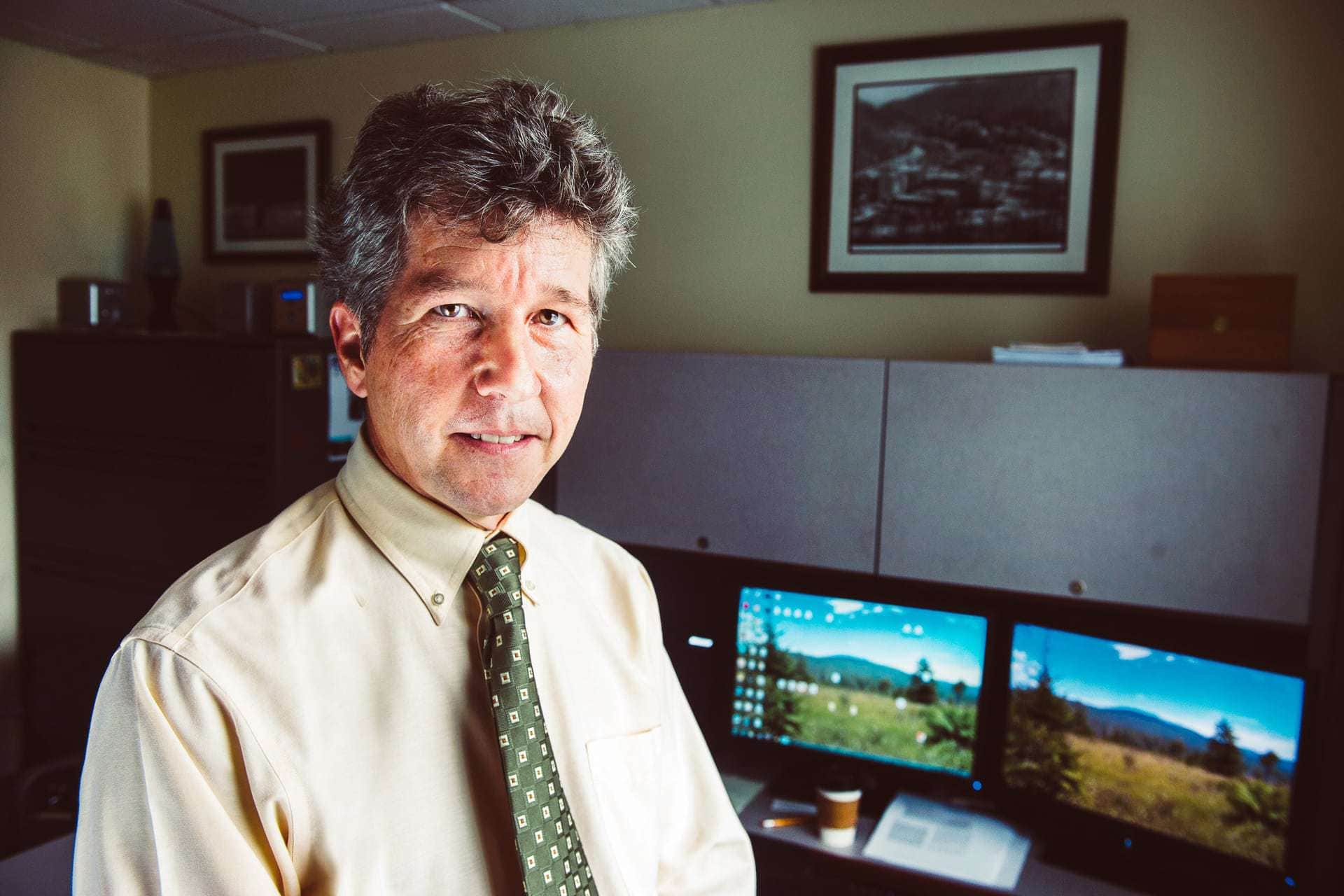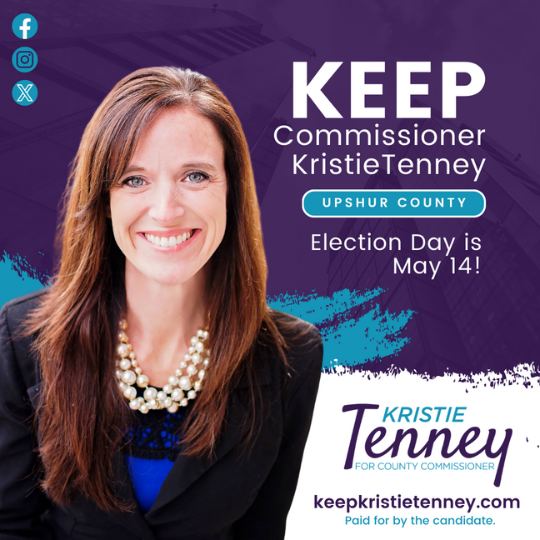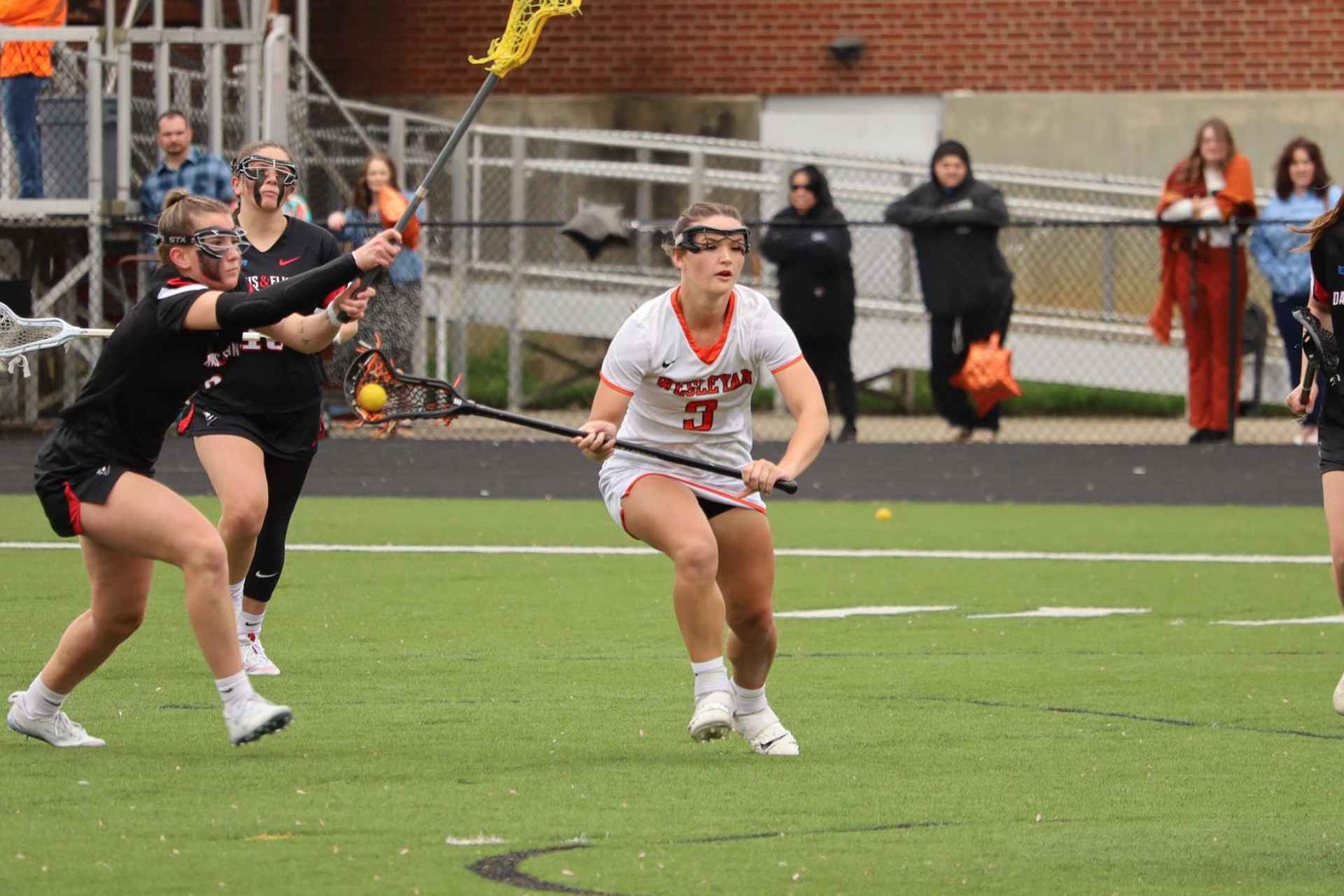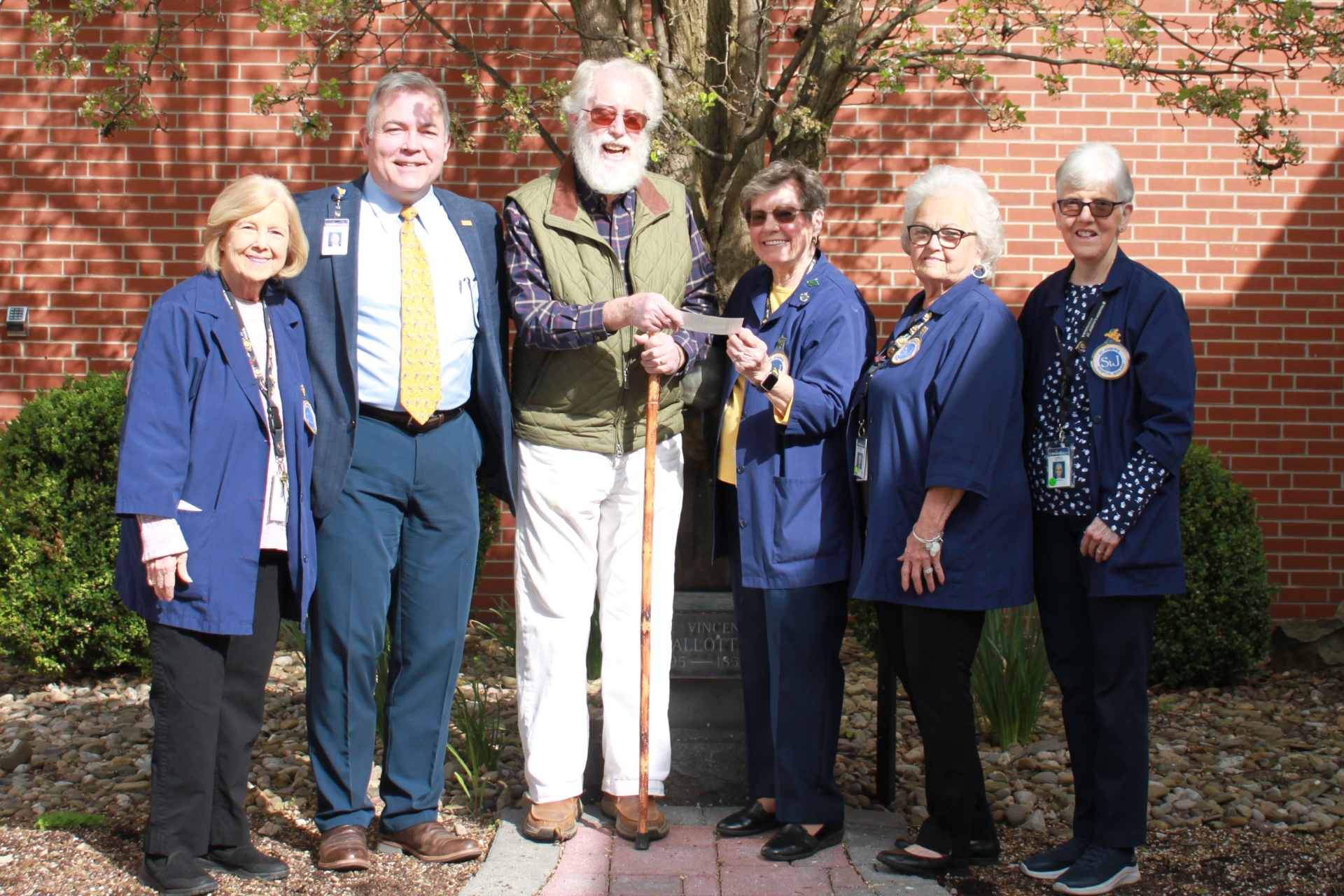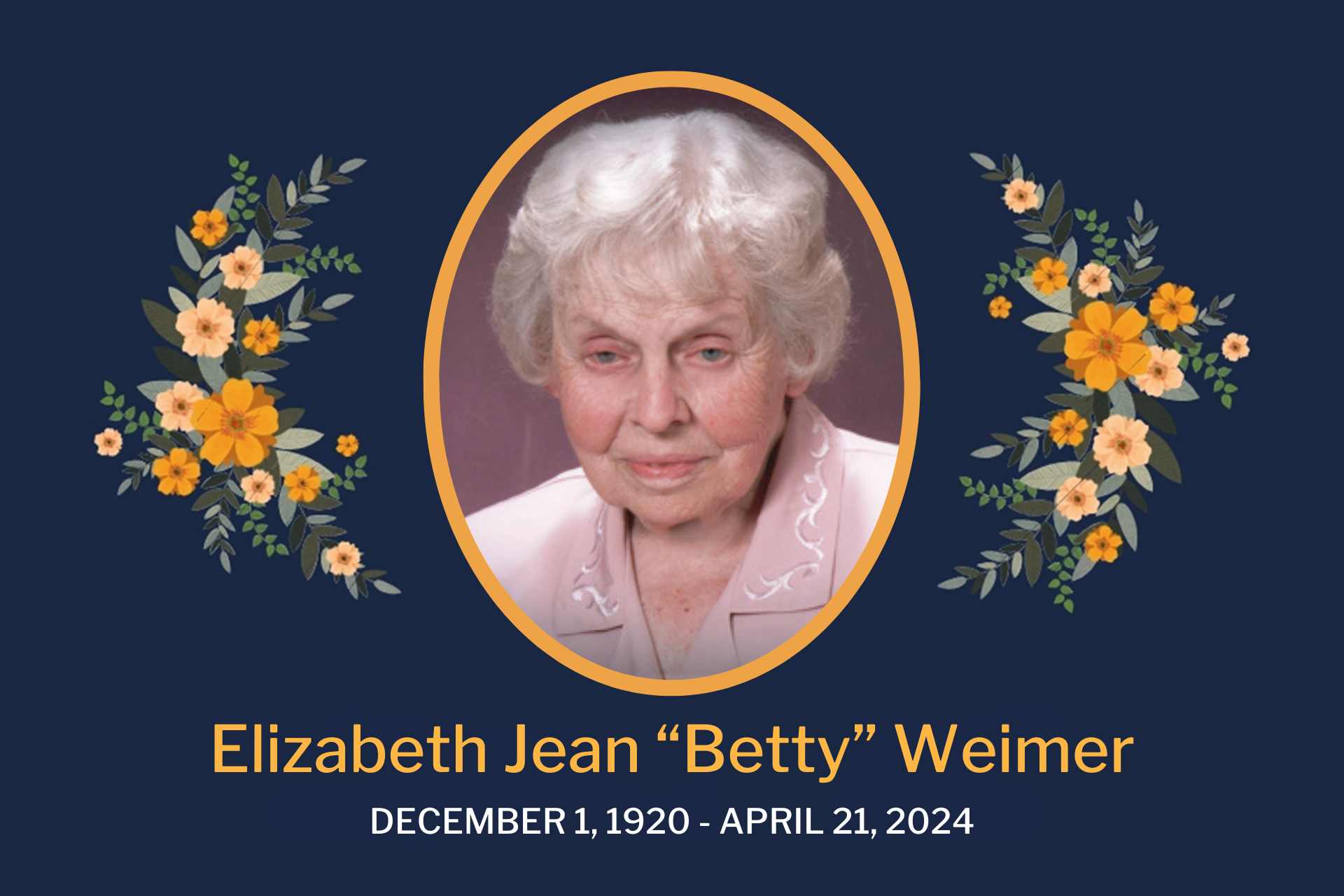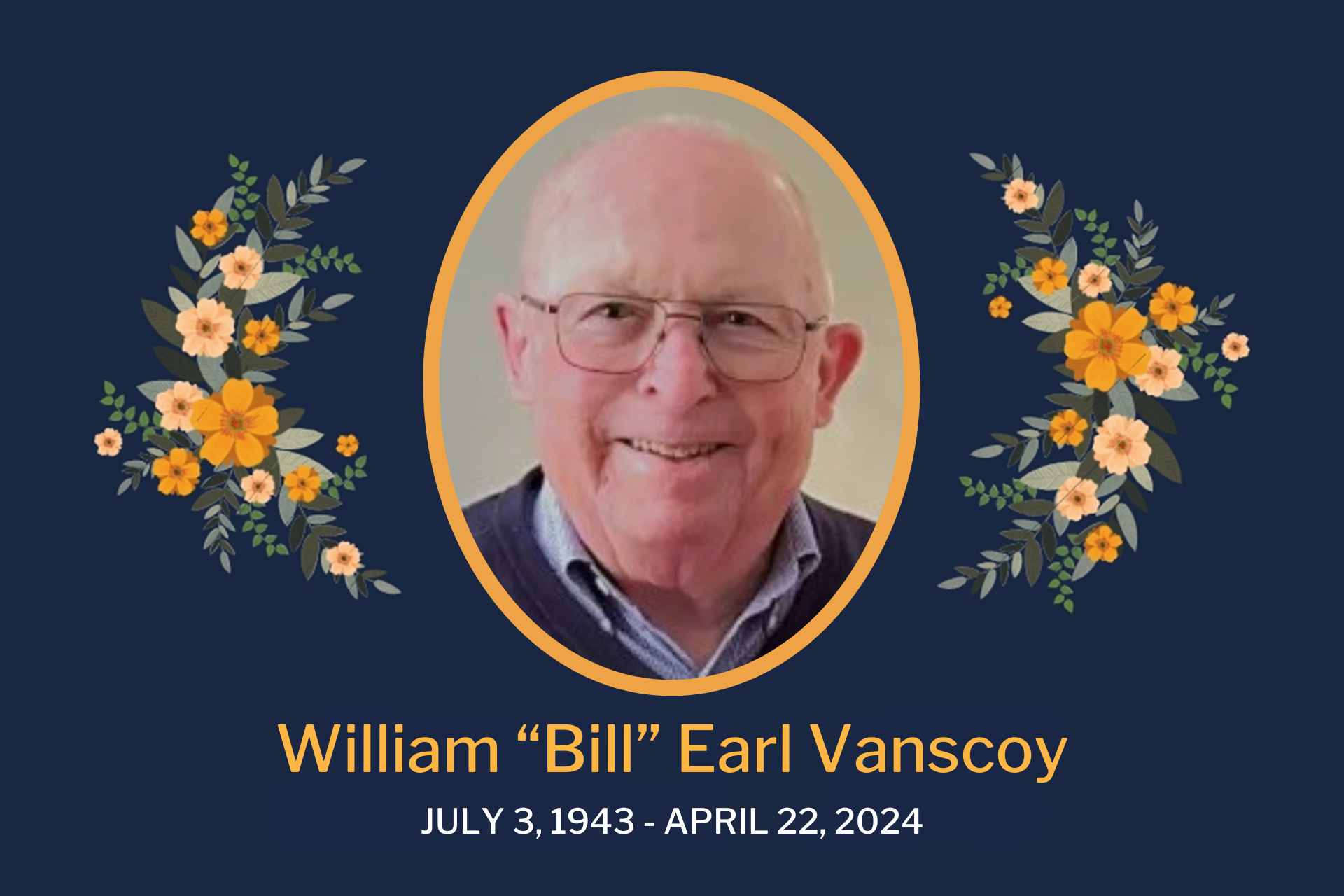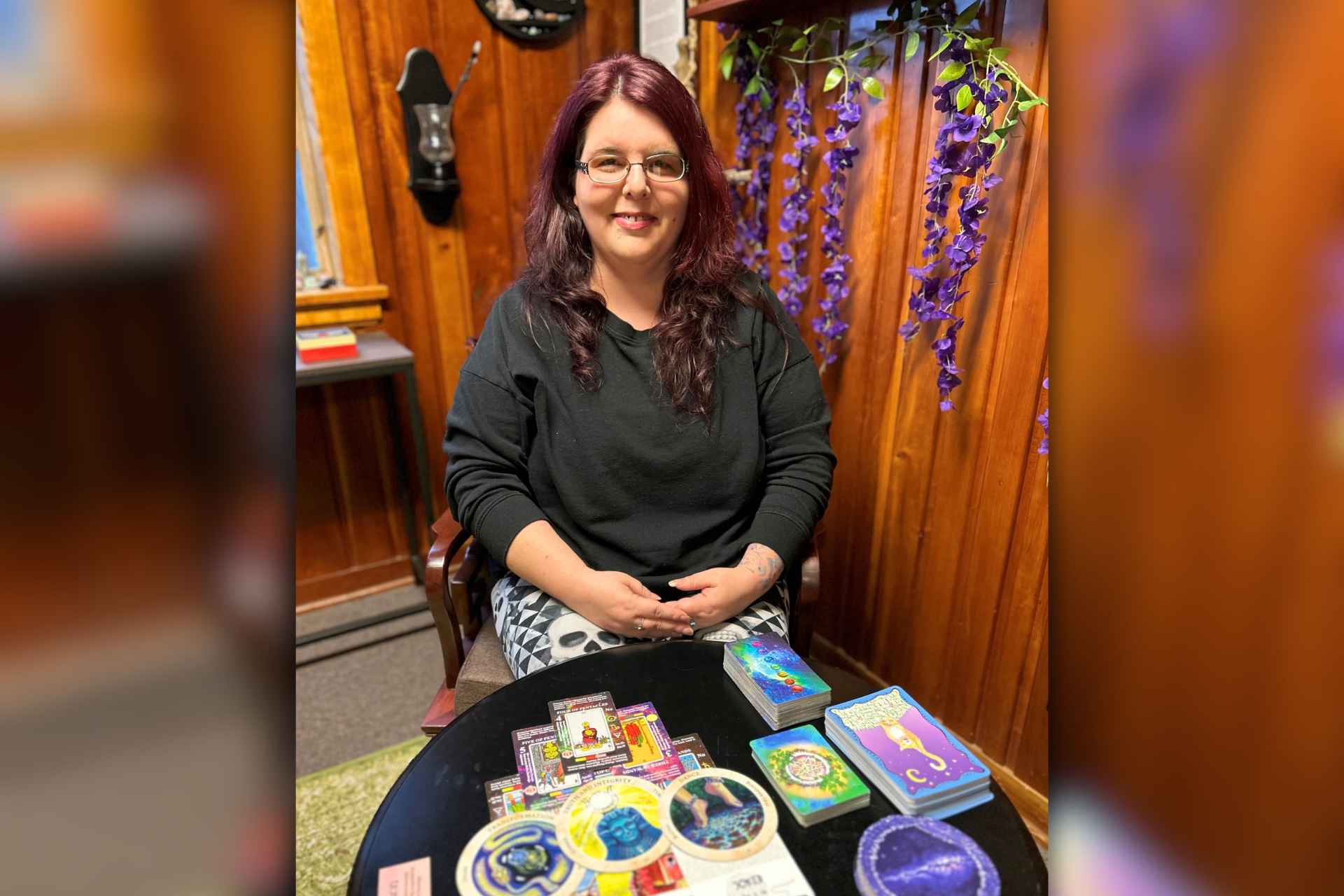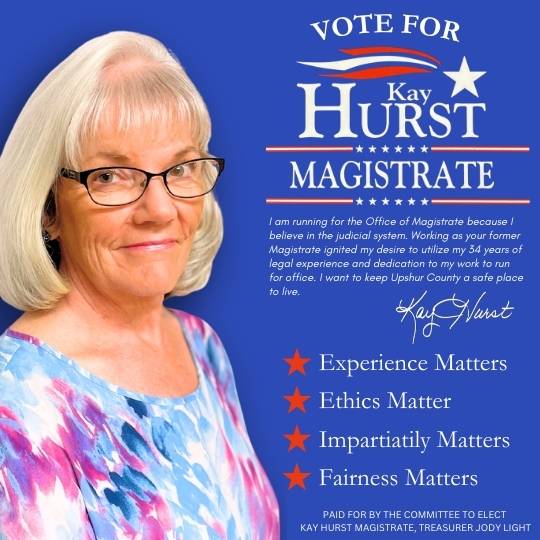With 1.3 million active duty military personnel nationwide, coordinating and finding accessible healthcare and social services for their 1.7 million family members is a major challenge.
Christopher Plein, the Eberly Family Professor for Outstanding Service at West Virginia University, is working to address these challenges and needs through the Military Families Learning Network.
“The military is not something that we should think about as separate from society. It is deeply embedded in our society, but there are complex arrangements and relationships,” said Plein, a professor in the Department of Public Administration currently studying health policy and community development. “Navigating that interface with the civilian and the military world is necessary for military families to get the services they need. It’s necessary for them to have intermediaries, personnel who can help them. That’s where the family support specialists come into play on the bases.”
Funded by the USDA’s National Institute of Food and Agriculture in coordination with the U.S. Department of Defense, Plein has been part of the Military Families Learning Network’s military caregiving team since 2015. He develops professional development and continuing education resources like blogs, webinars and podcasts for military family support personnel working on the bases as well as Extension, health and social services personnel in the community.
“Every military installation has family support personnel to assist in what the Department of Defense calls ‘family readiness.’ Military family support personnel help families access, navigate and negotiate the maze of social services, healthcare services and insurance,” Plein said. “This can be everything from financial advice, to putting together an education plan for a child with special needs, to accessing Medicaid to counseling services – the whole range of family well-being welfare.”
Just as importantly, these personnel assist families as they transfer or move from one duty station to another. On average, military families move to a new posting every three years. These resources are also available to help families as they move from one base to another, called permanent change of station.
“The military family support personnel are also there to help service members and their families make that transition,” Plein said. “Military families, like all families, often have a unique blend of questions and requirements for resources and assistance. The military has its own infrastructure to do that, but also relies civilian resources ‘outside of the gate’ of the installation. Helping families learn about and access community, state and federal resources and programs is a big part of the job of military family support personnel.”
The use of more diverse and specialized healthcare and support services by military families reflects broader social trends in healthcare delivery and expectations. While many military installations are like self-contained communities with support functions like clinics, hospitals, recreational opportunities and childcare services, more and more families are relying on resources off the base to obtain both these and more specialized services. Helping to make connections and capitalizing on community assets is a priority now in family readiness and welfare.
“The Department of Defense sees it as more economically feasible and responsive to family needs. The importance of choice and specialized service is especially important in these times. Patients and their caregivers want to have options and access to the best care. For certain needs and conditions, specialty care may be best obtained through civilian providers. We also recognize that care is not simply about going to the doctor, getting a diagnosis and getting a prescription or having surgery,” Plein said. “Today’s healthcare delivery paradigm places an emphasis on coordination and continuity of care. You might be going off-site to see a dietician or a physical therapist or someone to help you with disease management. It may not be feasible to offer all of that on a military base.”
Broadly, the Military Families Learning Network engages military family service providers and Cooperative Extension educators in the exchange of experiences and research to enhance their professional impact and encourage professional growth. In addition to military caregiving, the Military Families Learning Network offers resources for community capacity building, family development, family transitions, network literacy, nutrition and wellness and personal finance.
“The idea behind the Military Families Learning Network is to provide central training and resources for these helping professionals,” Plein said. “It’s organized along a wide spectrum of training areas.”
The free resources created by the Military Families Learning Network are also available for other stakeholders who work with military families. While focused on active duty service members and their families, the programming is relevant to those working with veterans and their families, as well as those in the National Guard and reserves and their dependents. The Military Families Learning Network can be accessed at militaryfamilieslearningnetwork.org
WVU is one of 19 universities in the network, most of which are land-grant universities.
“This project exemplifies the ethos of WVU’s land-grant mission,” said Maja Holmes, chair of the Department of Public Administration. “It shares vital analysis of healthcare trends directly with the professionals who support our military families.”
Plein sees this project as an opportunity to expand WVU’s land-grant mission to a national focus. He holds an adjunct appointment in the WVU Extension Service, which he believes is beneficial in helping to make connections across the University, the state and beyond.
“When we do engagement at WVU, I see the role of the land-grant university as being relevant not only to communities and the state, but also nationwide. And oftentimes, this is underappreciated. The fact that we are able to do this work with the Department of Defense – we are working with a large population of families who make sacrifices, who live lives that are sometimes contingent because they’re not quite certain where they are going to be transferred to next. It’s an important part of our social fabric,” Plein said. “I’m really proud that WVU is one of the land-grant universities involved. I think it’s really important that we have a role to play.”
